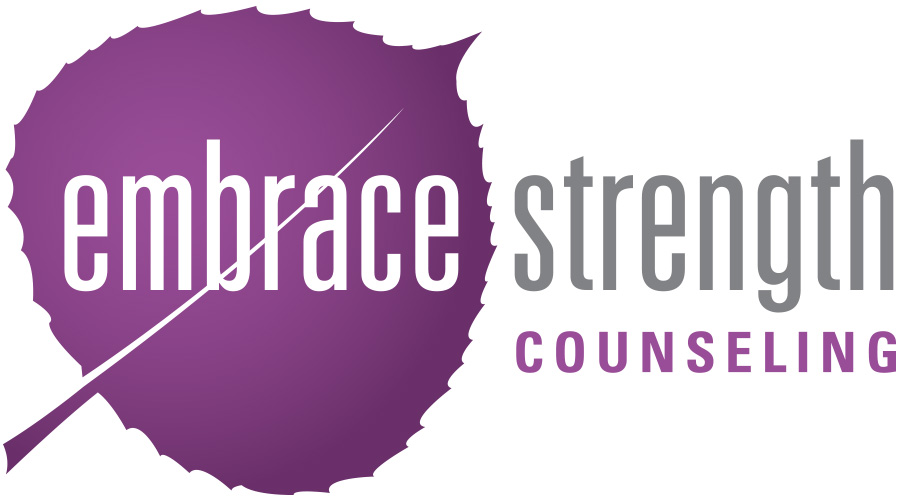
Eating Disorder Treatment
Are You Consumed with Thoughts About Food and Your Body?
- Do you feel like you have to control what or how much you eat?
- Maybe you feel out of control while eating and experience extreme guilt afterward?
- Have you found yourself “making up” for what you eat by purging or compulsively exercising afterward?
- Are you afraid of gaining weight?
- Have you become obsessed with weighing yourself or checking your body in the mirror?
- Do you hate your body and want to change it?
Eating disorders often begin when we try to control our food to change our body or cope with our emotions. You may find yourself counting calories, restricting food, feeling out of control while eating, experiencing immense guilt after you eat, or compensating for eating by purging or compulsively exercising. Initially, the eating disorder may help you to feel better – more in control, happier, less anxious – but as time goes on you feel even more depressed and anxious. Food and your body becomes all you can think about. You’re caught up in a vicious cycle where nothing is ever good enough and the eating disorder convinces you that if you eat less, avoid certain foods, lose more weight, exercise more – you will feel better again.
When an eating disorder takes over your life, it doesn’t lead to anywhere good. The eating disorder is a life thief. It takes away things that are important to us. Eating disorders lead to physical and emotional problems and the cost is steep. You feel tired all the time or get light-headed and faint. It becomes difficult to concentrate and you have trouble remembering things. You’re fighting with and lying to your friends and family. Maybe you have to stop playing a sport that you love or miss out on fun activities. It interferes with school and work.
If you could just eat normally and stop obsessing about food and your body, life would be so much easier. You would be able to live your life again – go out with your friends, enjoy activities, spend time with your family. Eating disorder treatment can help you get there.
You’re Not Alone OR at Fault
No one chooses to have an eating disorder. Eating disorders are serious, complex mental and physical illnesses that can affect anyone. People of all genders, ages, races, religions, ethnicities, sexual orientations, body shapes, and weights develop eating disorders. National surveys estimate that 20 million women and 10 million men in America will have an eating disorder at some point in their lives*.
Just like it’s not a choice, an eating disorder isn’t anybody’s fault. Eating disorders are the result of biological, psychological, and sociocultural factors. Examples of these factors include biological predispositions, the thin body-ideal, diet culture, physical illnesses, childhood teasing and bullying, and other life stressors. It’s also common for eating disorders to co-occur with other mental health conditions like major depression, anxiety, social phobia, and obsessive-compulsive disorder. Eating disorders can lead to serious health consequences, emotional distress, and severely impact your life. They are also the deadliest mental health disorder.
The good news is that with the help of a compassionate, experienced eating disorder therapist, oftentimes as part of a treatment team, eating disorder counseling can help you fully recover from an eating disorder. It’s possible to experience increased freedom and flexibility with food. With time, you can accept and even embrace your body. Eating disorder therapy can also help you reconnect with what’s important and meaningful to you like your family, friends, and activities.
Eating Disorder Treatment Helps You Heal Your Relationship with Food and Your Body
Eating disorders have devastating consequences on people’s lives, physically and emotionally; the eating disorder therapists at Embrace Strength Counseling help teens and adults heal and move toward eating disorder recovery. Our team of eating disorder specialists work from a weight inclusive, non-diet, food freedom lens. We combine our extensive knowledge and experience treating eating disorders with a compassionate, strengths-based approach. Whether you have been struggling with food and body concerns for months or decades, eating disorder treatment offers you a safe, empowering space to work towards recovery.
In our sessions, we’ll explore how the eating disorder developed and the messages you’ve internalized about food and body. An experienced and compassionate eating disorder therapist can help you disrupt the eating disorder behaviors, cope with your thoughts and feelings, work towards food freedom and body acceptance, and reconnect with what brings your life meaning and fulfillment.
Our eating disorder therapists integrate mindfulness-based cognitive and behavioral therapies, including Acceptance and Commitment Therapy, Dialectical Behavior Therapy, and Motivational Interviewing. We will help you identify how the eating disorder is getting in the way of living a meaningful and fulfilling life and learn coping skills and strategies for overcoming the eating disorder.
At Embrace Strength Counseling, we are HAES (Health At Every Size) aligned and often collaborate as part of an eating disorder treatment team (e.g. registered dietitian, primary care physician, psychiatrist). We’re able to provide referrals depending on your needs. We also provide family based treatment (FBT), when appropriate, and believe parents and family members can be important allies in the recovery process. Eating disorder treatment is tailored to your individual needs so you can move towards healing your relationship with food and body.
Our eating disorder team has a combined total of 20+ years of eating disorder treatment experience. We have three Certified Eating Disorders Specialists on our team and some of our therapists are recovered themselves. We bring personal and professional knowledge and experience to our work as eating disorder therapists, helping you achieve full recovery.
Our therapists at Embrace Strength Counseling would love to support you in finding peace and freedom with food and your body so you can live a full, meaningful life. Full recovery is possible with the help of eating disorder therapy!
Still Unsure about Starting Eating Disorder Treatment?
How do I know if I’m “sick enough” to need eating disorder counseling?
It is true that eating disorders can lead to very serious health consequences but that doesn’t mean you should wait to get treatment until you experience physical symptoms and consequences from the eating disorder. In fact, the earlier you seek treatment the more likely you are to fully recover. No matter how long you’ve been struggling, eating disorder therapy can help you move towards recovery.
And even if you do not have an eating disorder but struggle with disordered eating, body image, or chronic dieting, these issues can still significantly impact your life and relationships. Our team works with people who struggle along the full spectrum of food and body concerns, providing anorexia treatment, bulimia treatment, binge eating disorder treatment and emotional eating and binge eating help plus more.
I know I need help but I’m afraid I will gain weight . . .
Intense fear of weight gain and preoccupation with body shape and size are often part of an eating disorder and may get in the way of seeking eating disorder treatment. The truth is that our bodies have the innate ability to regulate themselves, including our weight.
You may gain weight as part of eating disorder counseling if that is what your body and brain needs to function and thrive. Sometimes weight restoration is a necessary part of the eating disorder treatment process and your therapist and treatment team will discuss this with you if that is the case. It’s also possible your weight won’t change or you may lose weight (although weight loss is not a goal in and of itself).
The fact is that we do not know what your body will do as you work towards recovery. We also do not assume we know where your body should be in regard to size or shape. Our eating disorder therapists focus on treating the eating disorder behaviors and healing your relationship with food and your body. We work from a Health At Every Size approach that promotes practicing compassionate self-care, including the following principles**:
- Finding joy in moving one’s body and being physically active
- Eating in a flexible and attuned manner that values pleasure and honors internal cues of hunger, satiety, and appetite, while respecting the social conditions that frame eating options
What if I’m not sure I’m ready to say goodbye to the eating disorder?
Eating disorders often lead us to feel better initially (e.g. sense of control, happier, successful, etc.) because they help us numb and avoid difficult emotions such as anxiety, sadness, fear, and shame. The eating disorder may have provided you a sense of safety and security or helped you cope with painful emotions or experiences.
We understand it can be difficult to say goodbye to such an effective coping strategy. The problem is that eating disorders lead to increased suffering in the long term and cause serious physical and emotional problems. Our job as eating disorder therapists is to help you identify how the eating disorder is no longer serving you and support you in developing alternative coping strategies and skills so you don’t need the eating disorder to cope anymore.
You Can Fully Recover From an Eating Disorder and Disordered Eating
If you would like to schedule an appointment or find out more about how our team of eating disorder therapists can support you, please email our director at catherine@embracestrengthcounseling.com or call us at 303.720.9424. We offer a free initial 20-minute phone consultation so we can answer any questions you may have and see if it’s a good fit. Our team has daytime and evening appointments available, in-person and virtually.
Sources:
*National Eating Disorder Association (https://www.nationaleatingdisorders.org/)
**Health At Every Size Community (https://haescommunity.com/)
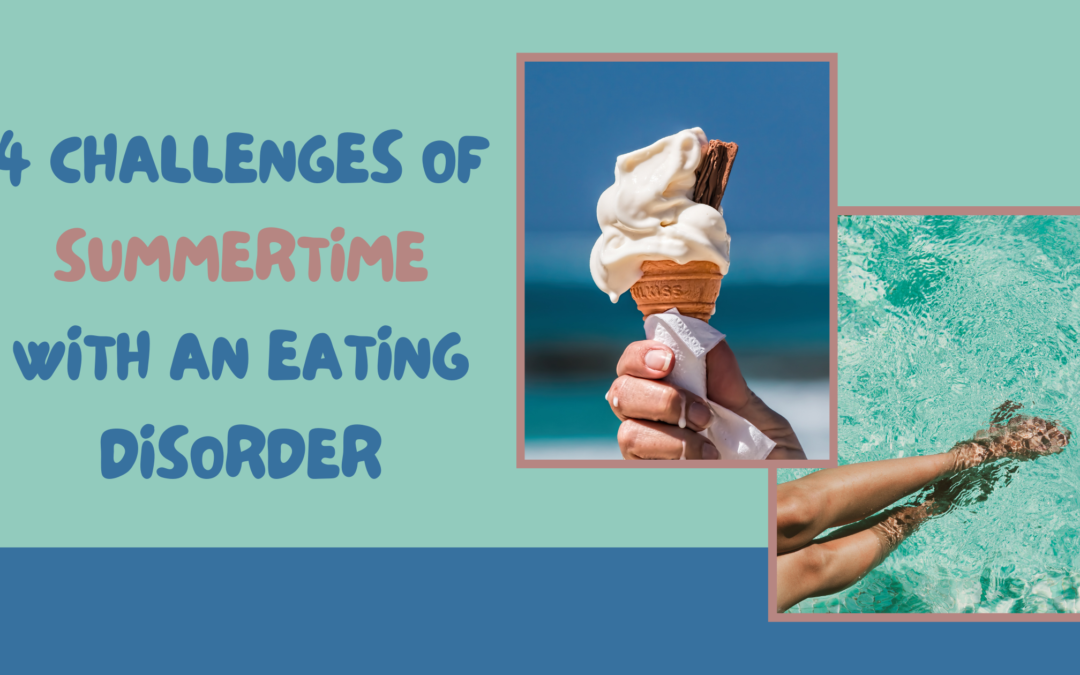
Summertime Challenges of Having an Eating Disorder
As the days get longer and the temperature rises, summertime often evokes images of pool outings,...
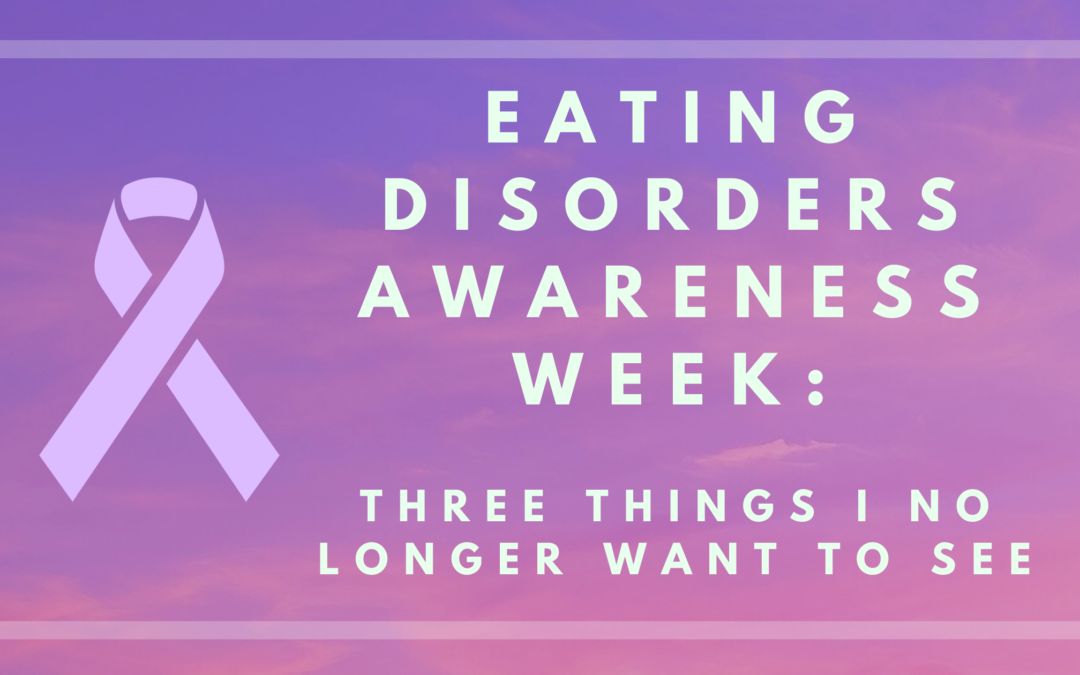
Eating Disorders Awareness Week: 3 things I no longer want to see
Eating Disorders Awareness Week (EDAW) is an annual campaign focused on educating the public about...
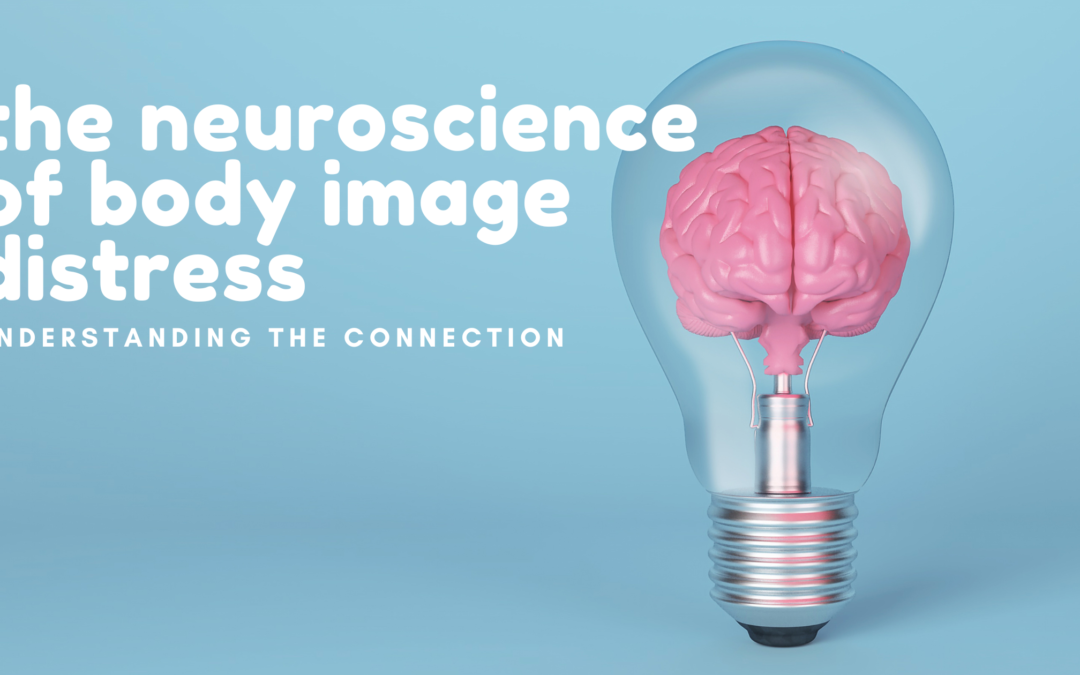
The Neuroscience Behind Body Image Distress
Despite becoming an increasingly common concern, body image distress often gets written off as...
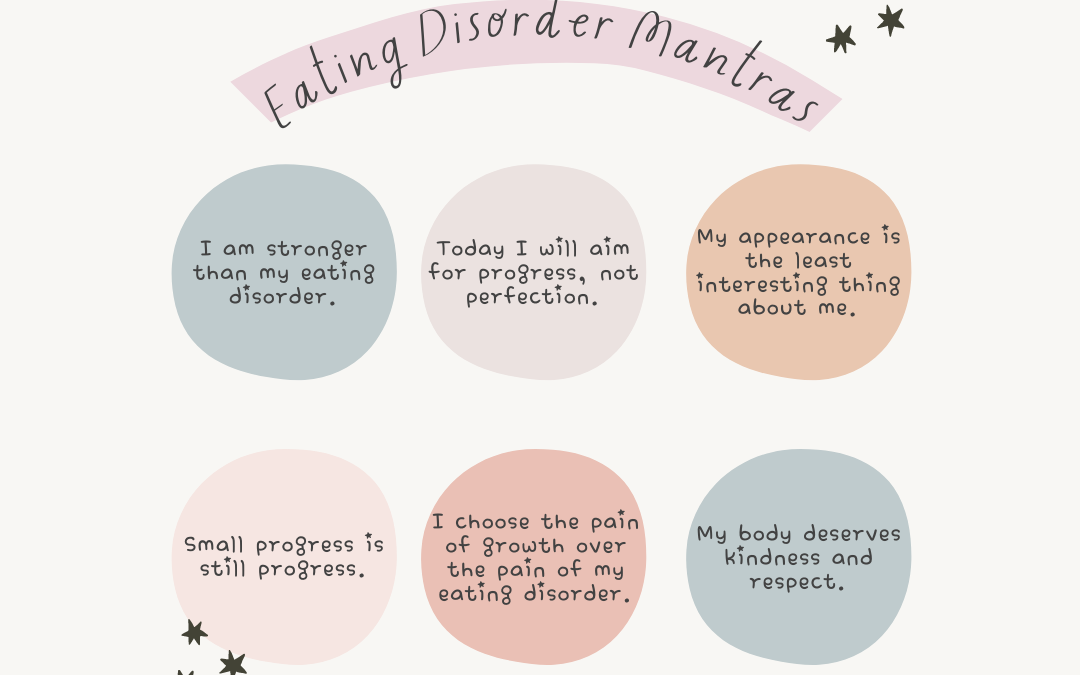
20 Eating Disorder Mantras to Try
Recovering from an eating disorder is HARD. We often lose sight of why we started recovery in the...
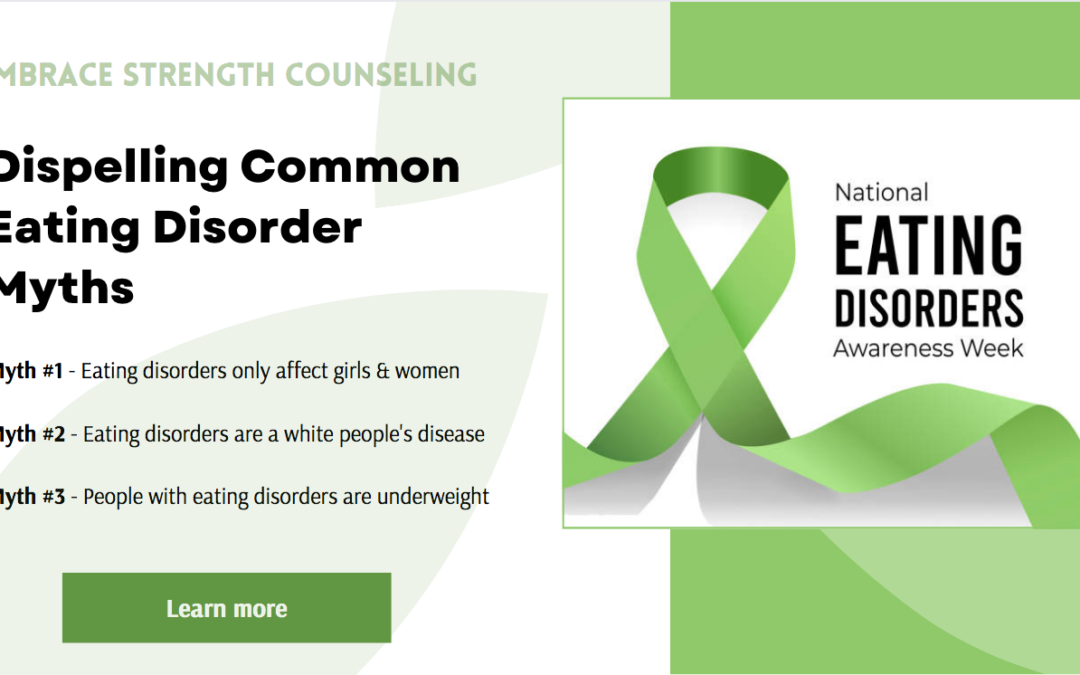
Eating Disorders Awareness Week: Dispelling Common Eating Disorder Myths
This year marks the 39th annual Eating Disorders Awareness Week (EDAW) put on by the National...
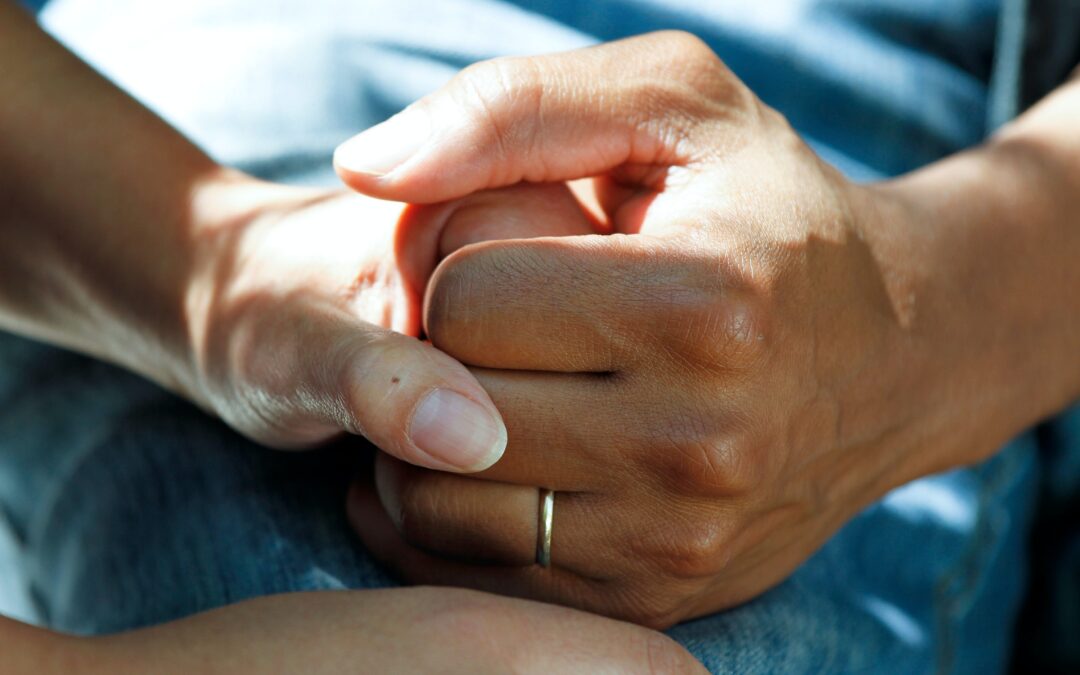
10 DO’s and DON’Ts of Helping a Loved One with an Eating Disorder
If your loved one is struggling with an eating disorder, you probably know how painful and...

How Ed Lies to You: Free Yourself from Shame
Eating disorders lure us in with the promise they will make us more worthy then trap us in a cycle...

Lisa Talks Mental Health & Eating Disorders: Girls Gone WOD Podcast
Lisa sits down with fellow mental health therapist and friend Joy Parrish to answer listeners...
